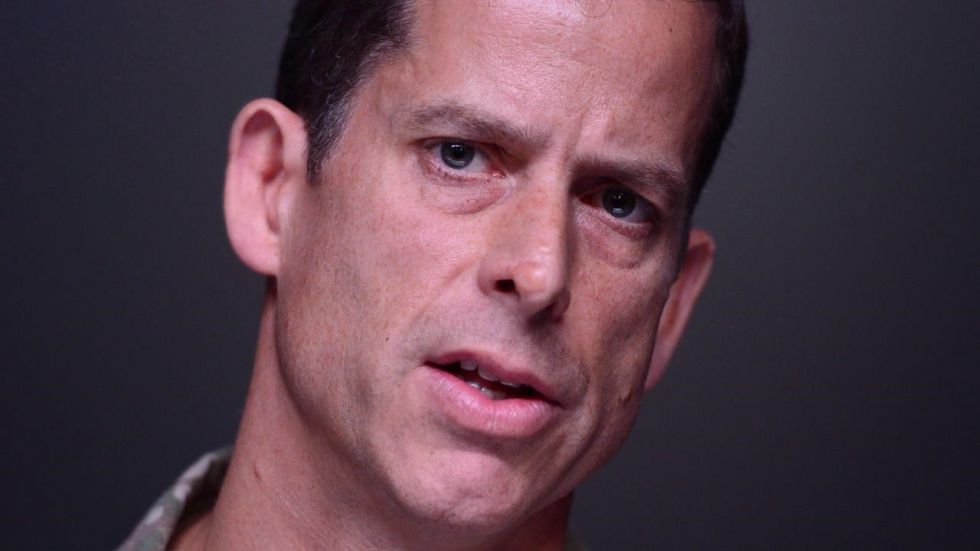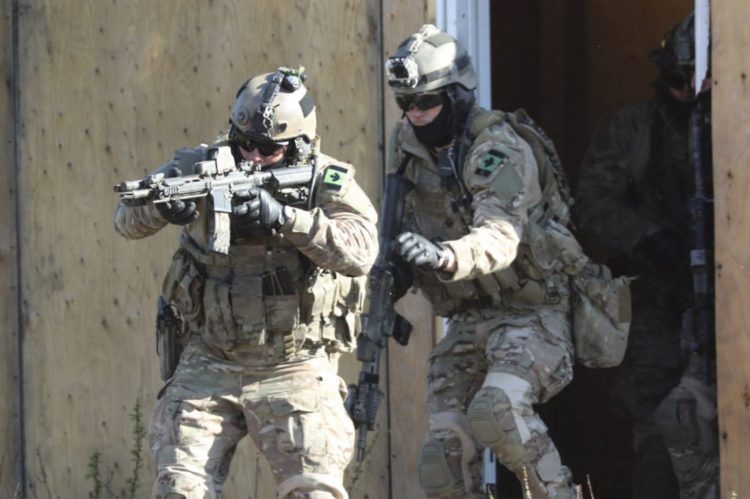Ottowa-Brig.-Gen. Peter Dawe says a plan by their federal government to add 600 more troops to their special forces ranks is welcome and necessary. There is expectation that Canada will face more threats in the future.
Dawe told the Canadian Press,”The reality is that we deliver the effects that the government deems appropriate, that they direct us to deliver,”.
Canada’s elite special forces soldiers risk being run ragged. After spending more than three years abroad, since 2014 helping Kurdish forces in Iraq, and doing work in other locations around the globe they are being worn out. Members have been helping the Iraqi army in their fight against the Islamic State group. Smaller missions to train local forces to fight extremist groups or organized crime are happening in different parts of southeast Asia, Central America, and Africa.
“And we’ve been doing it for a while, frankly, on borrowed time. We’ve been working our folks very hard. A brutal operational tempo.”
Image of Canadian Special Forces from the Ottowa Star
The military currently has only about 2,000 special forces personnel, most of which are divided between four different units which include Joint Task Force 2, the Canadian Special Operations Regiment, a special helicopter detachment and a unit that specializes in responding to biological, chemical and nuclear incidents. One of JTF2 snipers recently shot and killed an ISIL fighter from more than 3.5 kilometres away. The sniper shattered the previous known record for longest kill shot.
Canada’s new defense policy promises $62 billion in new military spending over the next 20 years. The government announced last week that the military will stay in the country another two years.
“For the most part, much of the work that we do is in the realm of capacity building,” Dawe said.
“When there’s a bit of a violent extremist organization nexus or the need for more generically speaking counter-terrorism sort of capacity, then that’s really sort of our bailiwick.”
“We’ve done a pretty good job of managing it, I would tell you, but in some areas we need additional depth because we’re not deep enough,” he said.
“When we keep going back to the well for the same sort of capabilities over and over again, it gets very taxing. And not only on the members, but on their families.”
Special forces members can’t be recruited off the street as suitable candidates take time to train.
“It’s a complex problem,” Dawe acknowledged, “but one we’re very confident we’ll be able to tackle.”
See Lee Berthiaume’s article at The Canadian Press.


